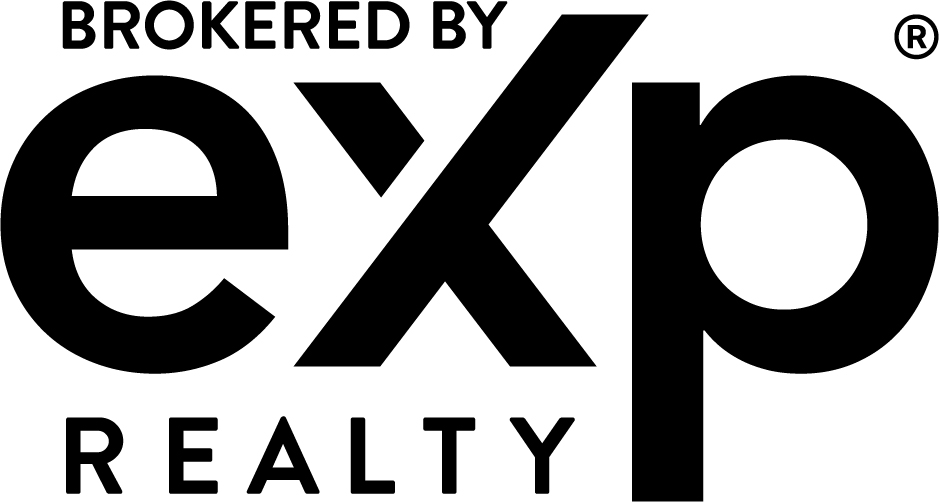Navigating the world of taxes can feel overwhelming, but for homeowners, understanding available deductions can be a game changer.
Whether you’re a first-time buyer or a seasoned property owner, knowing the ins and outs of homeowner tax deductions can lead to significant savings every year. In this essay, I dive into the essentials of these deductions in an approachable way so you can make the most of what the tax code has to offer.
Unlocking Savings with Mortgage Interest Deductions
One of the crown jewels of homeowner tax deductions is the mortgage interest deduction. This provision allows you to deduct the interest you pay on your mortgage from your taxable income. Essentially, this means that if you’re paying a substantial amount in interest each year, you could see a noticeable reduction in your tax liability. This deduction is particularly beneficial during the early years of your mortgage when interest makes up a larger portion of your payments.
The key to maximizing this deduction is to keep detailed records of your mortgage interest payments throughout the year. Your lender should provide you with a Form 1098 at the end of the year, which serves as proof of your interest payments. By staying organized and tracking your expenses, you can ensure that you’re not leaving money on the table.

Property Tax Deductions: More Than Just an Expense
Another valuable aspect of homeowner tax deductions is the ability to deduct property taxes. As a homeowner, you’re likely familiar with the annual property tax bill, which can sometimes be a shock to the wallet. However, when it comes time to file your taxes, you can often deduct these amounts, reducing your overall taxable income. This deduction is a great example of how an inevitable expense can also serve as an opportunity for savings.
It’s important to note that property tax deductions may have limits, depending on current tax laws. Staying updated on any changes to these rules is crucial. Consulting with a tax professional or using reputable tax software can help ensure you’re claiming everything you’re entitled to. The beauty of these deductions is that they show how routine homeownership expenses can also benefit your financial health come tax season.
For more on homeowner tax deductions, I found this essay useful.
Home Office and Energy Efficiency: Evolving Deductions
For many, the line between home and office has blurred, especially in recent years. If you use part of your home exclusively for business, you might be eligible for additional deductions. The home office deduction can cover a portion of your mortgage interest, utilities, and even repairs. It’s a helpful way to turn a necessary expense into a tax-saving benefit, provided you meet the IRS requirements for a dedicated workspace.
Moreover, as energy costs continue to rise, many homeowners are turning to energy-efficient upgrades. Installing solar panels, energy-efficient windows, or upgrading your insulation not only reduces your energy bills but may also qualify for tax credits. While these credits are different from deductions – they directly reduce your tax bill rather than lowering your taxable income – they are a valuable part of the overall picture of homeowner tax deductions. They reward you for making environmentally friendly choices while simultaneously saving money on your taxes.
Keeping Records and Staying Informed
The world of homeowner tax deductions is dynamic, with tax laws subject to change. What remains constant, however, is the importance of thorough record-keeping. Receipts, bills, and statements are not just paperwork—they’re the key to unlocking potential savings. By keeping meticulous records, you ensure that when tax time arrives, you have all the necessary documentation to support your claims.
Staying informed about the latest tax legislation is equally critical. Each year, tax rules can shift, and what was once a generous deduction may be altered or phased out. Regularly reviewing reliable financial resources or consulting with a tax professional can help you adapt to these changes. Being proactive in understanding homeowner tax deductions means you’re better prepared to take advantage of every opportunity available to you.
Maximizing Your Financial Health
At the end of the day, the goal of homeowner tax deductions is to enhance your financial well-being. These deductions not only help reduce the immediate burden of taxes but also contribute to long-term savings and financial stability. Whether it’s through mortgage interest, property taxes, or credits for energy efficiency, each deduction plays a role in making homeownership more affordable.
By embracing the opportunities offered by homeowner tax deductions, you’re not just reducing your tax liability—you’re making a strategic investment in your financial future. Remember, the more informed you are about these deductions, the better you can plan and manage your finances throughout the year.
Homeowner Tax Deductions Conclusion
Understanding homeowner tax deductions is a crucial aspect of responsible homeownership. With the potential to save thousands of dollars annually, these deductions provide significant financial relief. From the mortgage interest deduction to property tax deductions and credits for energy efficiency, every element is designed to reward homeowners and ease the tax burden. By keeping detailed records, staying informed on the latest tax laws, and consulting professionals when necessary, you can confidently navigate tax season and secure the maximum benefits available. Embrace these tips and make the most of your homeowner tax deductions for a more financially secure future.






